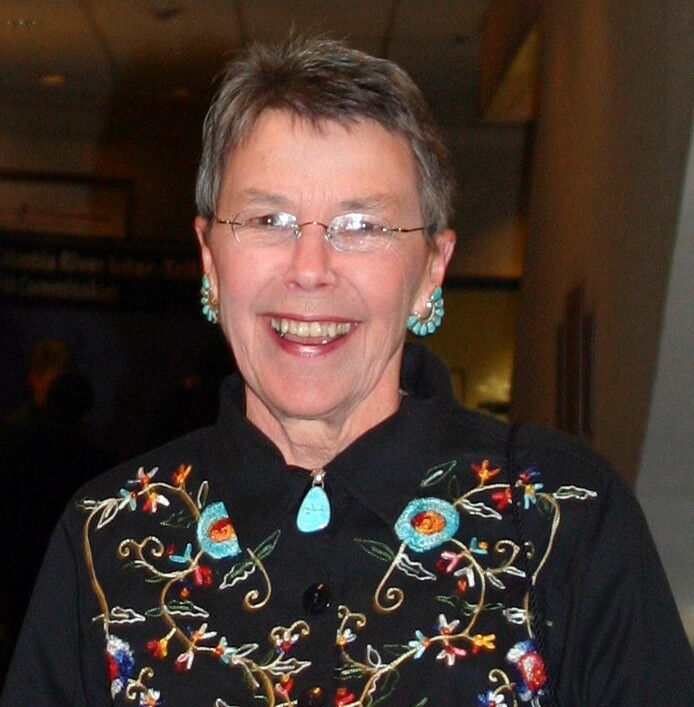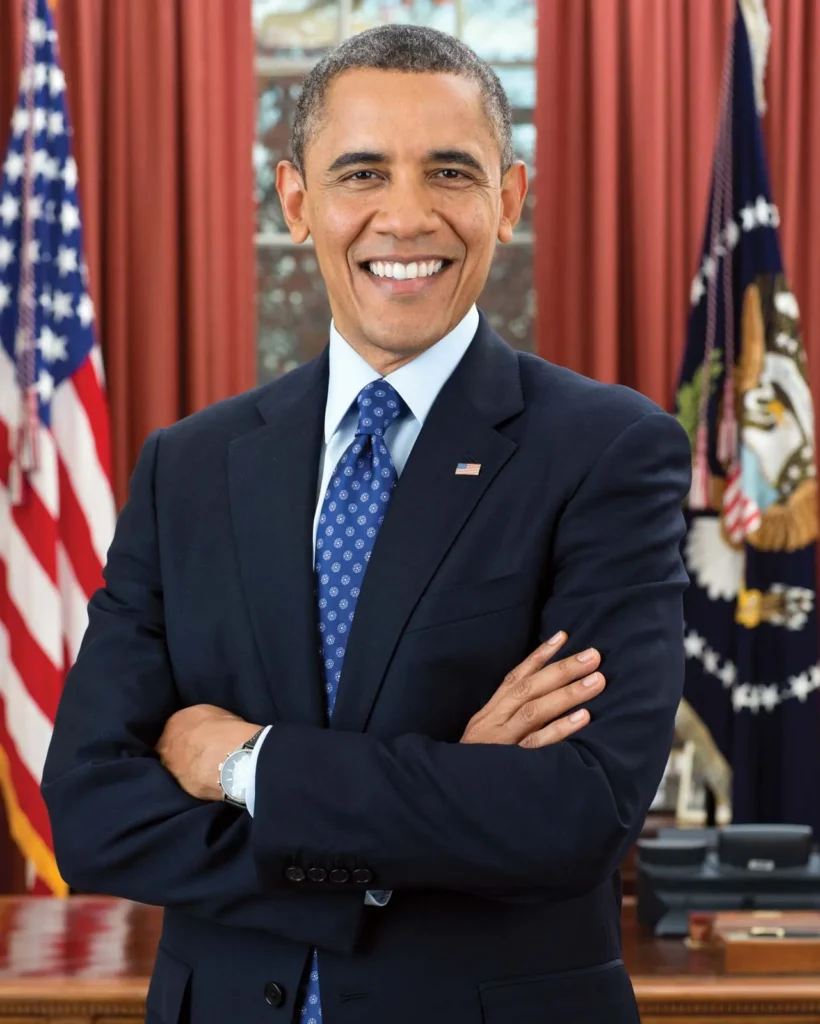
The story of Kenyan American influence on U.S. politics is as varied as it is impactful, reflecting a narrative that combines personal ambition, community advocacy, and international diplomacy. From Elizabeth Furse’s early strides in Congress to Barack Obama’s historic presidency, the contributions of those with Kenyan roots have significantly shaped U.S. policy and the broader political landscape.
Elizabeth Furse was a trailblazer among Kenyan-born Americans in U.S. politics. Serving three terms in the U.S. House of Representatives from 1993 to 1999, Furse’s journey from Nairobi to the corridors of power in Oregon was characterized by a focus on social justice. As a Congresswoman, she championed Native American rights, advocated for women’s issues, and prioritized domestic reforms over Cold War-era politics. Her legislative achievements included supporting President Bill Clinton’s 1993 budget and 1994 crime bill, underscoring her commitment to addressing inequality and advocating for vulnerable communities.

Another prominent figure, Jeff Matemu, has made his mark through legal advocacy. Matemu’s career as an immigration lawyer brought him national recognition, especially as he led significant cases challenging deportation and immigration policies. His understanding of the intricacies of immigration law highlights a broader Kenyan American effort to shape policies that impact immigrants and minorities. Matemu’s decision to run for Congress as a Libertarian underscored his desire to push beyond the traditional party
structures, advocating for practical solutions to economic and social issues.
At the grassroots level, candidates like Boni Njenga, Henry Momanyi, and Jane Kitui represent a new generation of Kenyan Americans seeking political office. Although they have not yet succeeded in securing electoral wins, their campaigns are notable for focusing on local issues like education, community leadership, and youth empowerment. These efforts signal a growing political consciousness within the Kenyan American community, particularly in states like Minnesota, with a significant African immigrant population.
The influence of Kenyan Americans gained heightened visibility with the election of Barack Obama, whose Kenyan heritage brought a unique perspective to the White House. Although not directly a part of the Kenyan American community, Obama’s story as the son of a Kenyan father resonated deeply with African immigrants, particularly those from Kenya. His rise to the presidency inspired many Kenyan Americans, reinforcing the possibility of political participation and leadership for immigrants and their descendants. Obama’s tenure also reshaped U.S.-Kenya relations, emphasizing diplomatic ties and economic partnerships. His 2015 visit to Kenya while in office was a significant moment, underlining the symbolic and practical importance of the African diaspora in American foreign policy.
Obama’s presidency was pivotal in elevating issues that matter to African immigrants in the U.S. Programs like the Young African Leaders Initiative (YALI) were launched to foster leadership among young Africans, reflecting his administration’s broader focus on engagement with the continent. This created opportunities for Africans and reinforced the idea that the Kenyan American community could be a bridge between the two regions, advocating for mutually beneficial policies.

Kenyan American influence, however, is not confined to the national stage. The community has been instrumental in advocacy efforts that affect local policies, especially concerning education, immigration, and social services. Organizations like the Kenyan American Community Association have worked tirelessly to elevate the concerns of Kenyan Americans and promote policies that support equitable development.
These grassroots initiatives underscore the dual identity many Kenyan Americans navigate, combining American citizenship with a deep connection to Kenya.
As Kenyan Americans continue to engage in U.S. politics, they contribute to a broader discourse on identity, representation, and the role of diasporic communities in shaping policies. Their efforts, from Elizabeth Furse’s Congressional work to Barack Obama’s legacy, illustrate the power of a diverse community determined to have a voice in American public life. This journey reflects a growing confidence among Kenyan Americans to engage in the political process and influence policy both locally and internationally, highlighting the increasing importance of Kenyan-American Foreign Relations in shaping the future of the U.S. political landscape.
The question remains: Will the next generation of Kenyan Americans follow in these footsteps, achieving higher political offices and continuing to shape policies that resonate with their dual identities? Kenyan Americans’ political narrative is still unfolding, marked by ambition, resilience, and a determination to make a difference.
